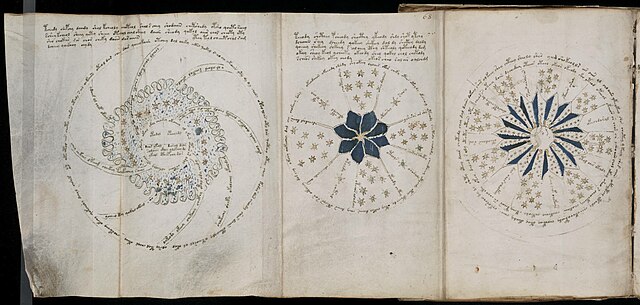Infinite photos and videos for every Wiki article ·
Find something interesting to watch in seconds
History by Country
British Monarchs
Celebrities
World Banknotes
Famous Castles
Best Campuses
Recovered Treasures
Supercars
Countries of the World
Richest US Counties
Crown Jewels
Ancient Marvels
Animals
Largest Empires
Kings of France
Great Cities
Great Museums
Rare Coins
Great Artists
Largest Palaces
Tallest Buildings
Sports
Wars and Battles
Presidents
Wonders of Nature
Orders and Medals
more top lists


